#sparkling cyanide
Explore tagged Tumblr posts
Text










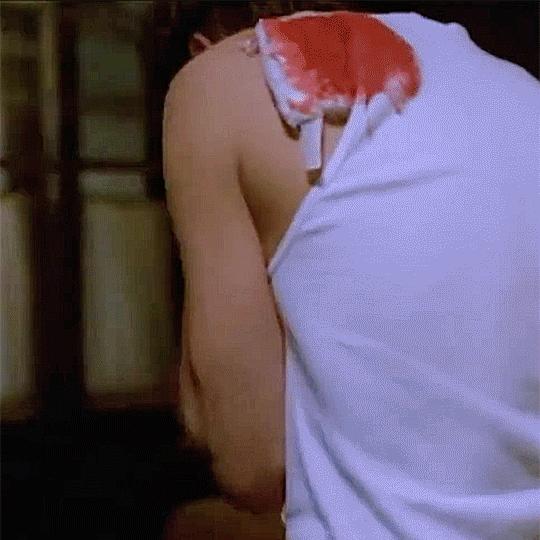
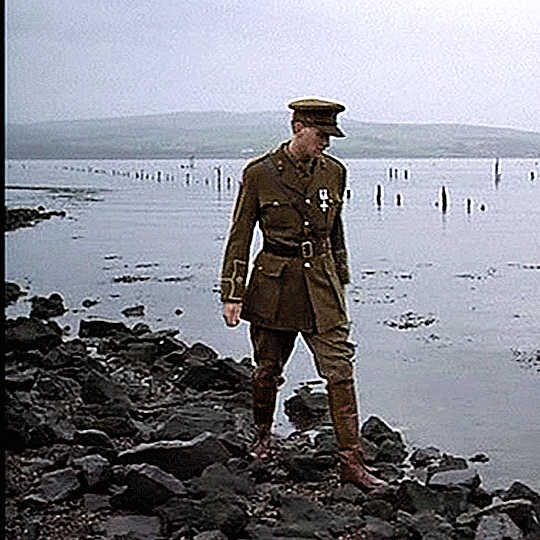
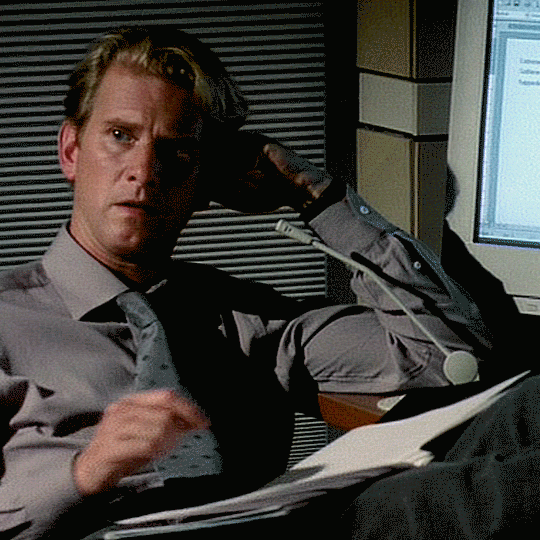
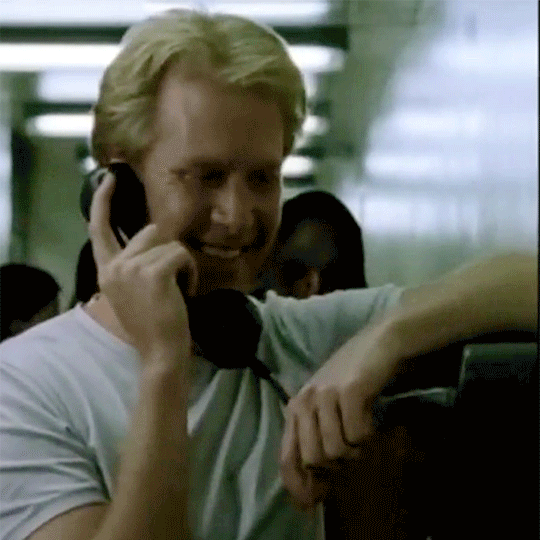
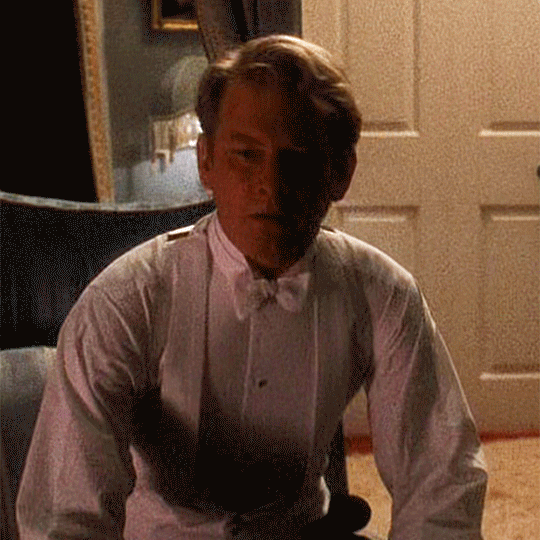



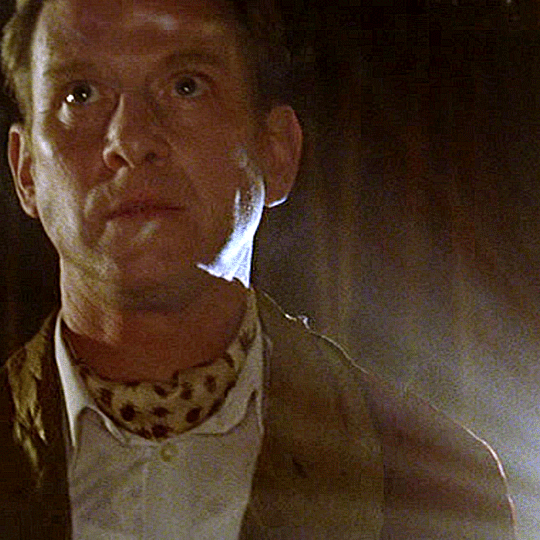

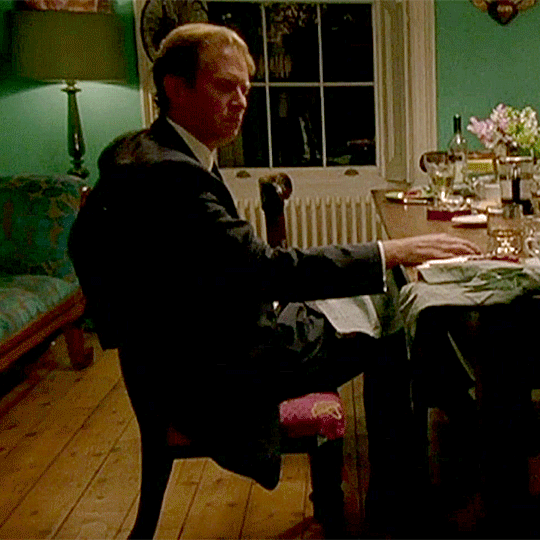


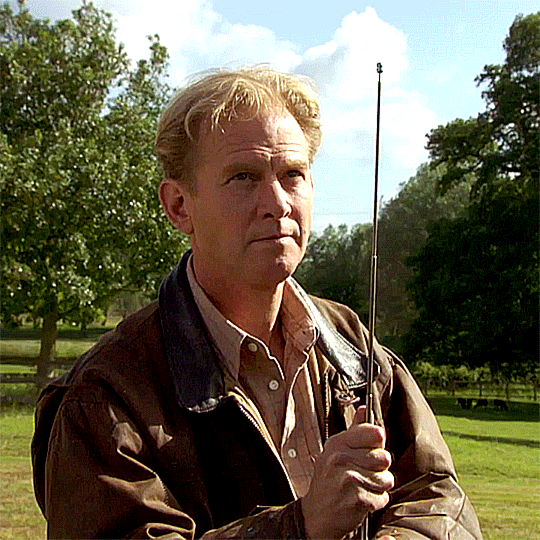

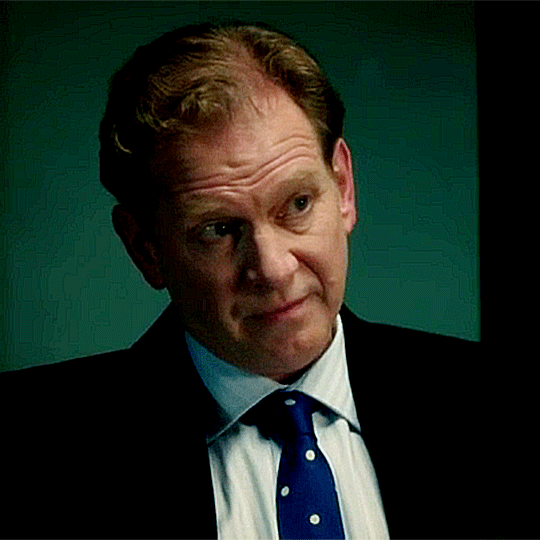


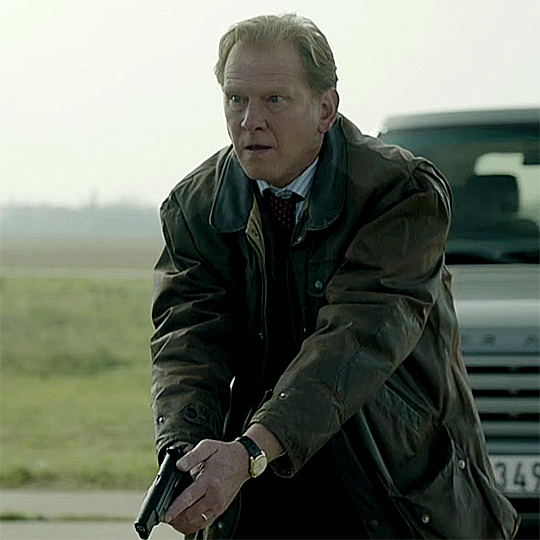
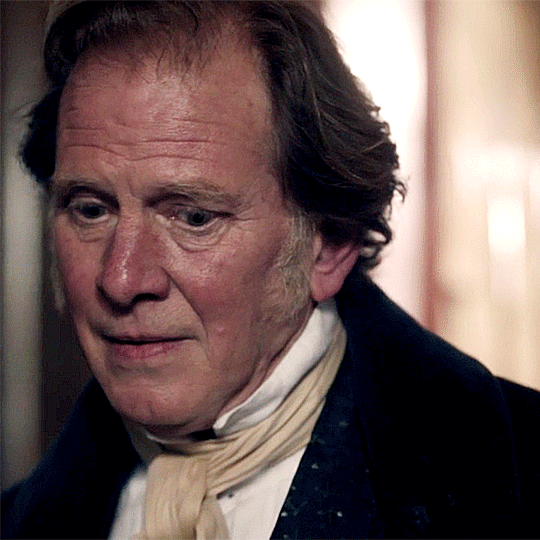
A happy 67th birthday belated because I spent all day and night on this post post for James Wilby.
#I made them all the way to 2024 but Tumblr won't allow it#James Wilby#Privileged#The Bill#Dutch Girls#Maurice#A Summer Story#Mother Love#Tell Me That You Love Me#Immaculate Conception#You Me And It#Crocodile Shoes#Tales From the Crypt#Regeneration#The Dark Room#Trial & Retribution#Gosford Park#Bertie & Elizabeth#Sparkling Cyanide#Island At War#Jericho#Gradiva#Clapham Junction#A Risk Worth Taking#Shadows In The Sun#Midsomer Murders#The Secret Life Of A Call Girl#New Tricks#Vincent#Endeavour
32 notes
·
View notes
Text
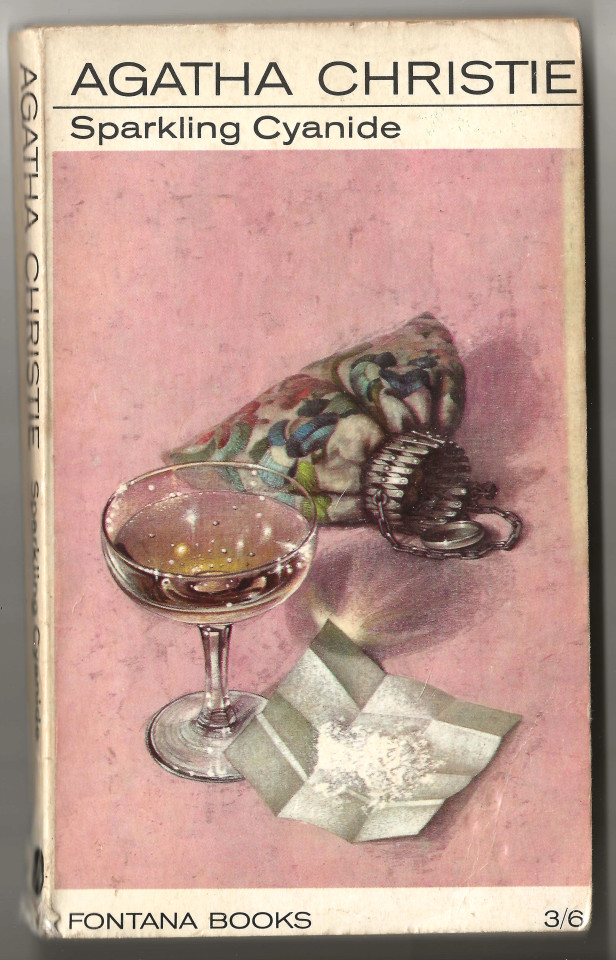
Sparkling Cyanide by Agatha Christie with a Tom Adams cover. More here.
74 notes
·
View notes
Text
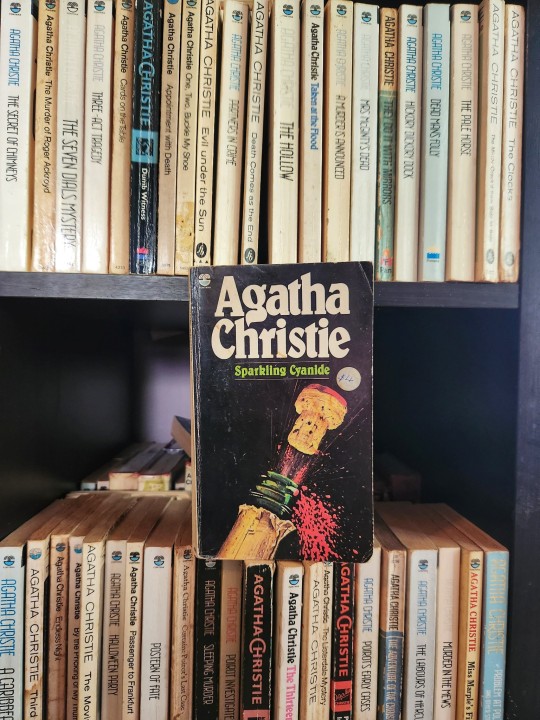
Sparkling Cyanide is a pretty solid Christie. At first I didn't think it was terribly exciting. I figured it'd be fine but nothing stand out. And then the second death happened and I was hooked.
The characters were interesting if a little dummy at times. The mystery really picked up in the second half and was very intriguing. And once again I had absolutely no idea what the big reveal would be lmao, but it made a lot of sense once I read it.
60 notes
·
View notes
Text
started reading "sparkling cyanide" by Agatha Christie AND the best part is I got the physical copy at a second hand shop ☝🏻💖
3 notes
·
View notes
Text
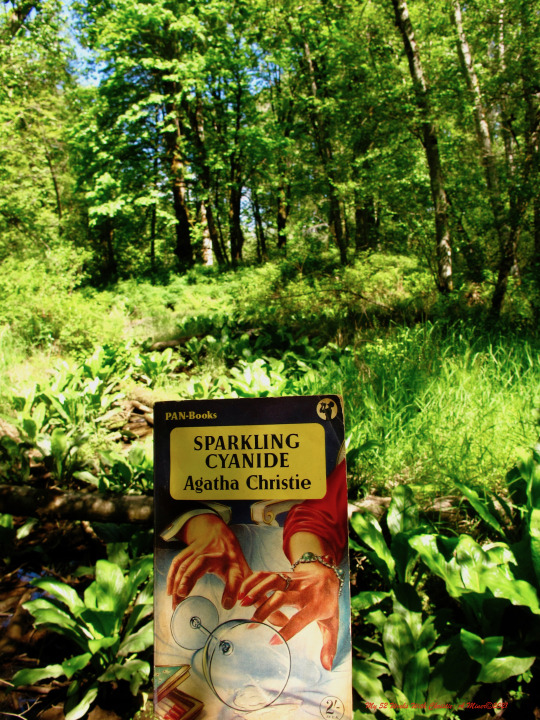
View On WordPress
#agatha Christie#book#book cover#book photo#book pic#books and green#books and nature#Colonel race#my 52 weeks with christie#mystery#sparkling cyanide#wild books
4 notes
·
View notes
Text
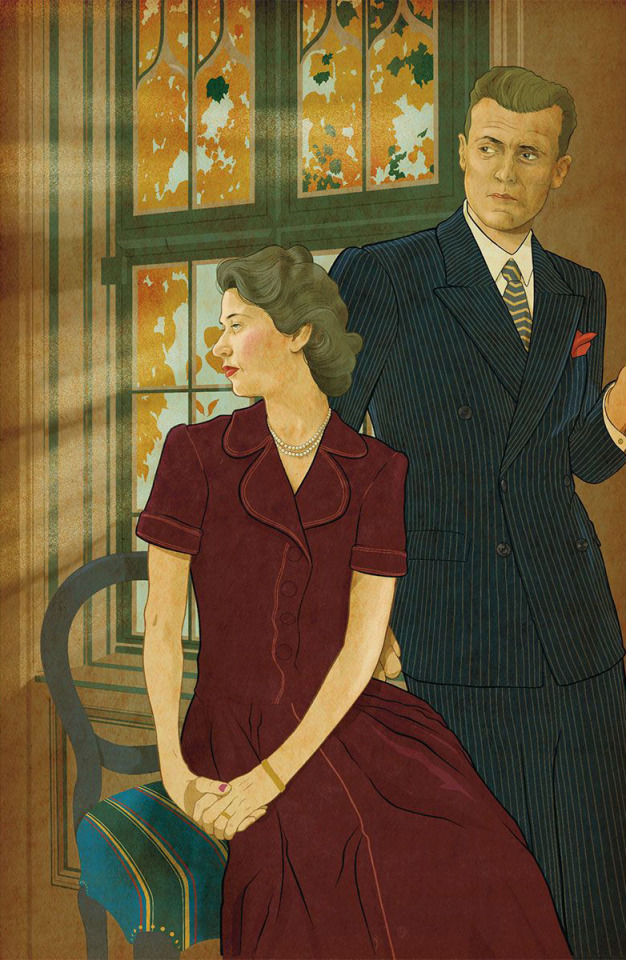
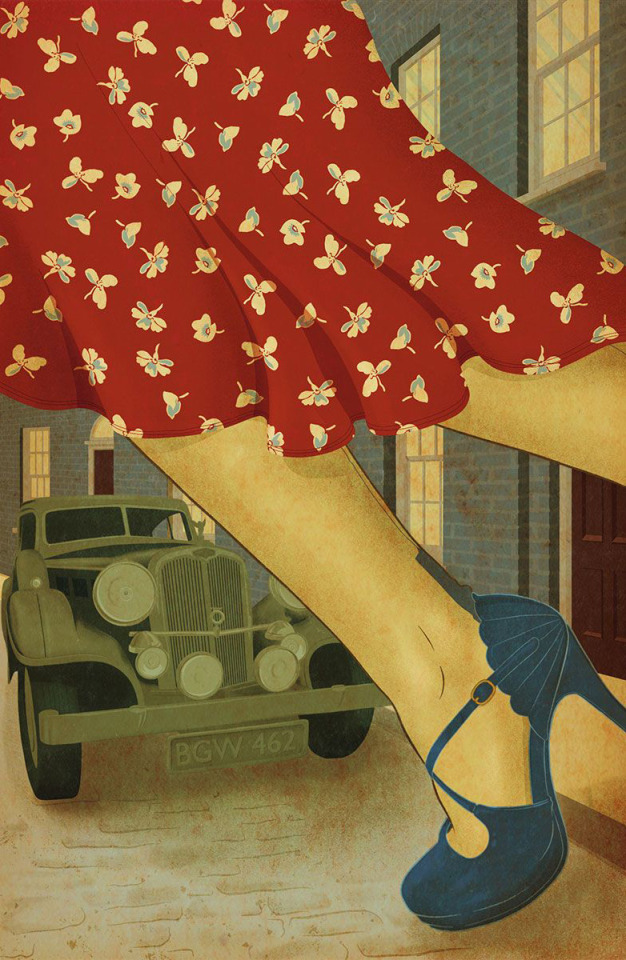
Michael Phillip Dunbabin's illustrations for Agatha Christie's Sparkling Cyanide.
7 notes
·
View notes
Text
My Agatha Christie Re-Reading Project, #36: Sparkling Cyanide
This was one of my childhood favourites, so it's hard to come at it with fresh eyes. Re-reading at my current age does change some things, though, like how I sit here going, "Holy fuck, Iris, you are nowhere near old enough to be ready for a guy like Anthony Browne!" I mean, I get it. Man's attractive, even on paper. But as a first love for a sheltered teenager, he's a bit more than I think she's ready to handle.
(Sidenote: I looked up the Wikipedia page, and apparently there's an adaptation starring Anthony Andrews in the role. Which, um. Fucking Ivanhoe? Yeah, that… doesn't work at all, even disregarding the fact that Anthony Browne is visually very Mediterranean.)
Anyway. To the main story. I like the way we bounce around all the different characters' POV, even though Christie is a bit sloppy with it – there are bits where we get the internal thoughts of characters who are not the POV character.
The plot works fairly well, though it does depend on disguise to an extent that is perhaps not entirely convincing. Still, I like that Christie isn't going for the obvious choice of murderer, and makes a plausible cause for everyone to be a suspect.
I do feel bad for Rosemary, this time around, not just for dying but for how harshly she is judged by everyone around her. She's not a bad person, she's just stupid and selfish.
When I was a child, I couldn't understand how Stephen could be a Liberal "by predilection" yet join the Labour party one moment and the Conservatives the next. Now, it seems entirely plausible for a career-chaser like him, though it doesn't exactly make me think higher of him.
Colonel Race as the detective is a bit anonymous, and seems to mostly be there because someone has to fill the role. The whole detective aspect is toned down, anyway – it's neither he nor Chief Inspector Kemp who cracks the case, and they only get enough evidence by interrupting a murder as it's about to happen. But I kind of like that there isn't always a strong detective character. Break free of those restraints!
I admit it's a bit iffy to have Christie sing the praises of "imperial building" military just back from South Africa, but that's par for the course for these novels. (And she's very critical of people just drifting around the Empire for funsies and small-time crookery, like Victor Drake. Gotta have order to the exploitation!)
Altogether, a solid book, though perhaps not the most likely one to lure in a first-time Christie reader.
Verdict: 3/5
Next up: The Hollow, which I must have read once, back when I bought it, but don't remember at all.
#agatha christie#sparkling cyanide#my agatha christie rereading project#my agatha christie re-reading project
5 notes
·
View notes
Text

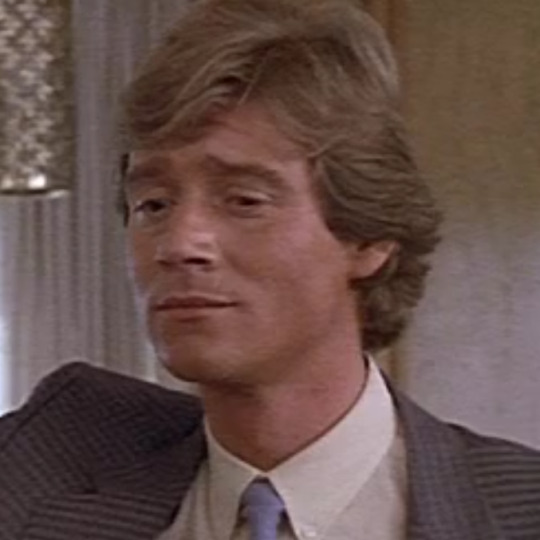
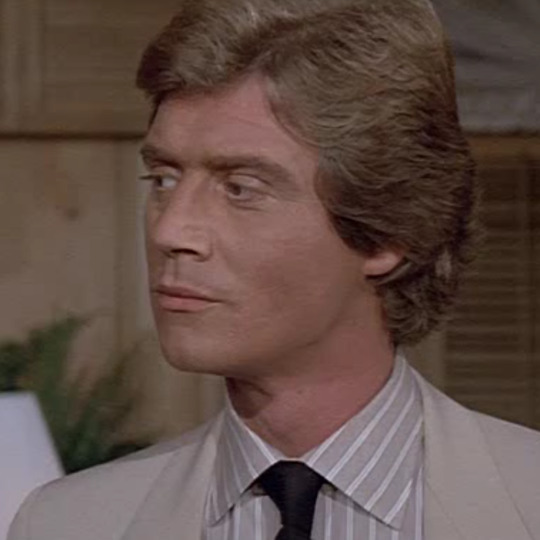
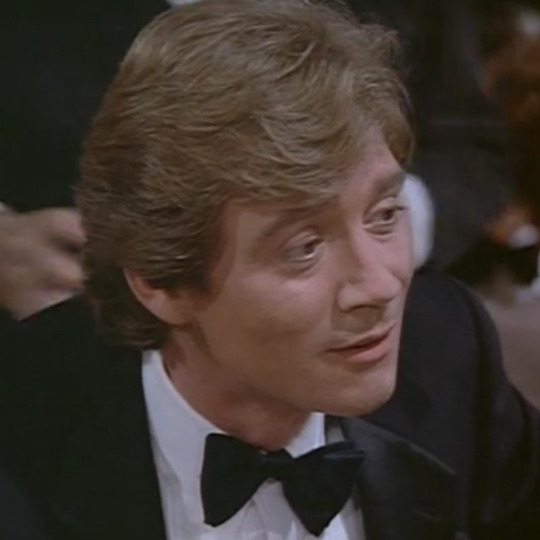
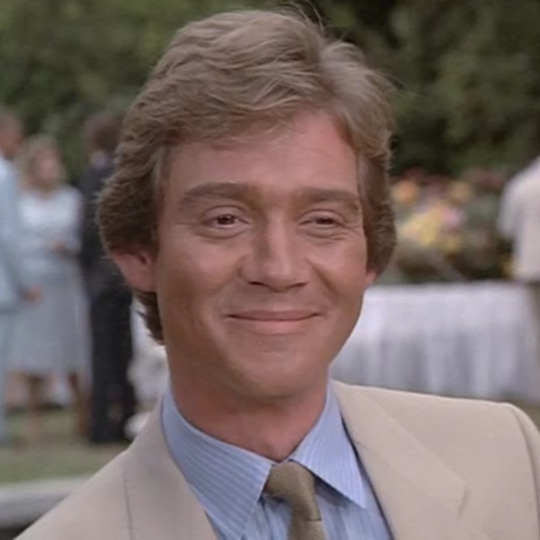

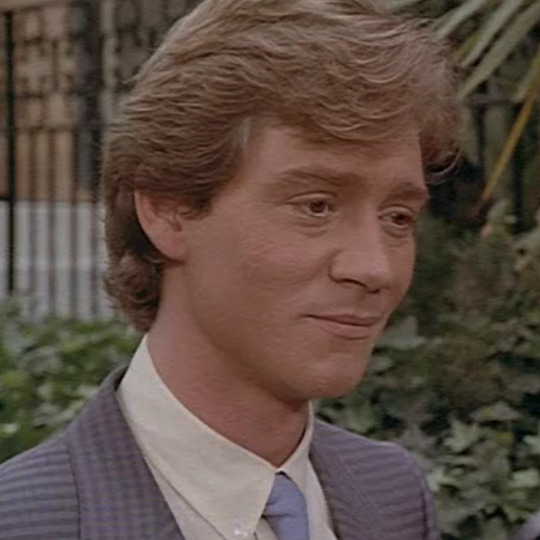
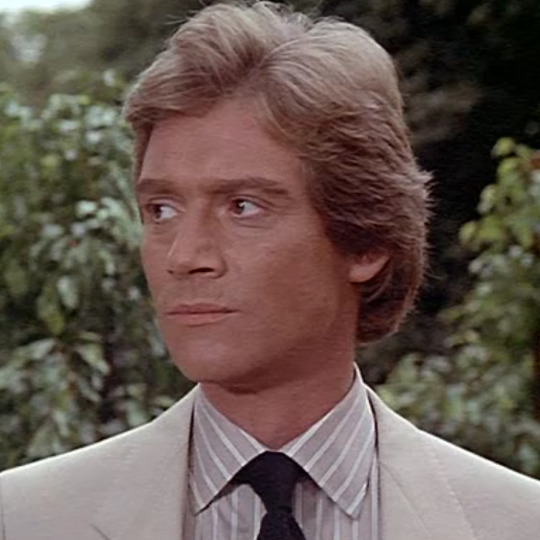
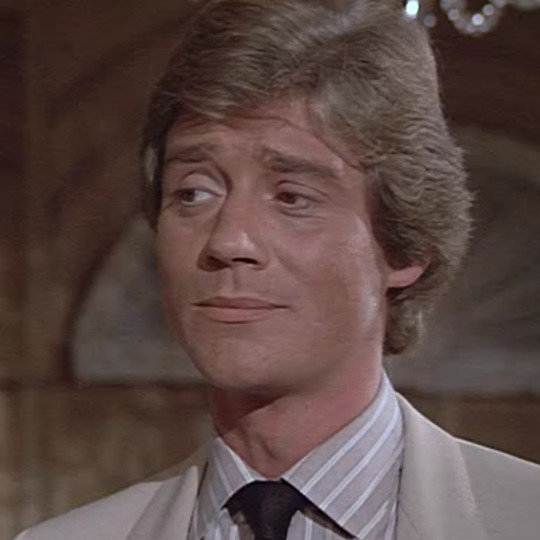
anthony andrews in "sparkling cyanide (1983)"
1 note
·
View note
Text
0 notes
Text


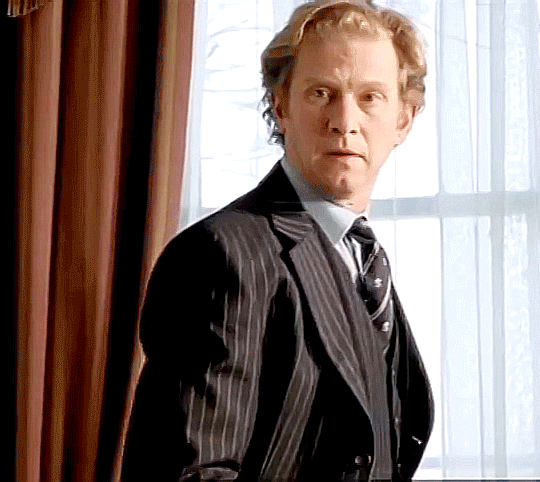
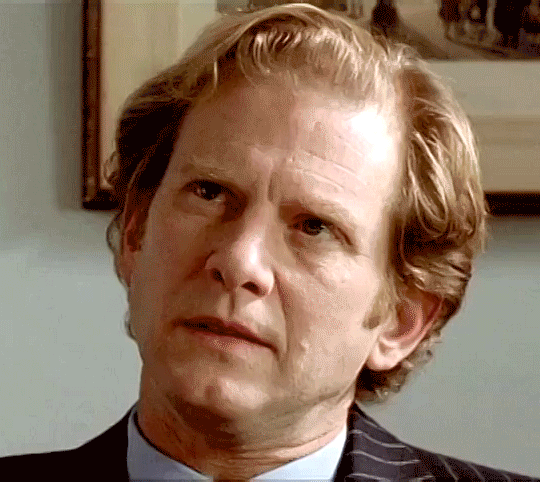


Appreciation for James Wilby's expressions as Stephen Farraday in Sparkling Cyanide. (2003)
18 notes
·
View notes
Text
i am once again listening to Sparkling Cyanide by Agatha Christie on audiobook to keep from going insane. I'm not really sure why but I keep going back to it. It's so gossipy. So much drama. A sweet romance. And it's also hilarious because it's just the characters' internal monologues, and they're all suspicious as hell.
0 notes
Text
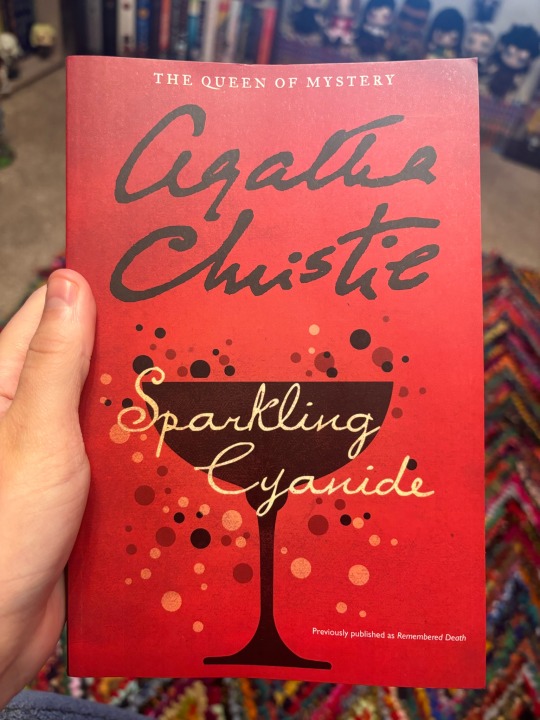
Read of Sparkling Cyanide by Agatha Christie (1945) (268pgs)
1 note
·
View note
Text
Curry & Cyanide: The Jolly Joseph Case

0 notes
Text
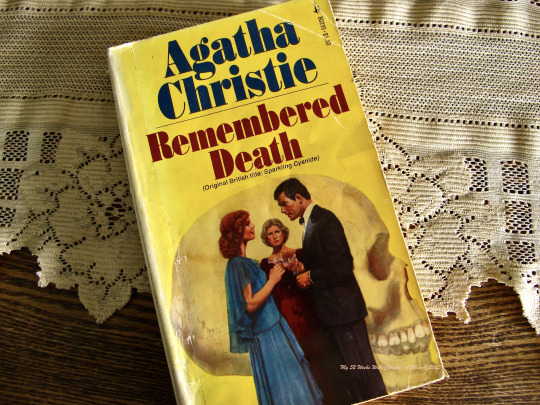
View On WordPress
#agatha Christie#book#book cover#book photo#book pic#Colonel race#my 52 weeks with christie#mystery#remembered death#sparkling cyanide#urban books
8 notes
·
View notes
Text
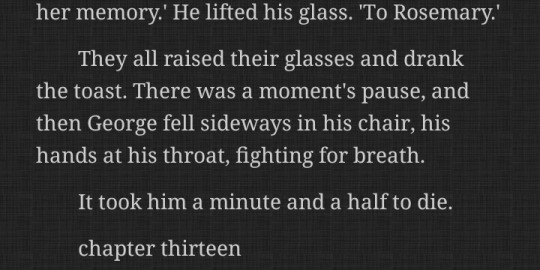
OH THAT'S BEAUTIFUL. "to rosemary" the dead woman's husband says, and to rosemary he goes
#sparkling cyanide#sparkling cyanide spoilers#agatha christie i never expect you to write actually poetic stuff but you do that sometimes#tw death#tw poison
5 notes
·
View notes
Text
¡una criatura con sesos de mosquito!
-cianuro Espumoso, [libro primero] cap VI
0 notes